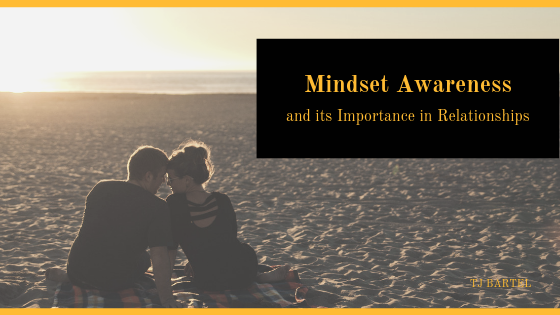In recent years, much media attention has been given to Stanford psychologist Carol S. Dweck’s idea of “fixed” vs. “growth” mindsets. Describing the ways in which people tend to cope with various challenges, Dweck’s theories have radically changed our notion of how individuals sustain successful relationships and careers.
Here are just a few ways in which our mindset can affect our interactions with others while dating, and why emphasizing long-term personal growth over short-term achievement can lead to truly satisfying and healthy relationships over time.
- Fixed Mindset Thinking
For people who may have grown up in an environment where results were prized over efforts, it is easy for a fixed mindset to become a dominant pattern of thinking. For such people, the idea that our skills and abilities are “fixed” and unchangeable can become a serious barrier to personal growth: Believing themselves to be “locked-in” to a particular path in life due to natural limitations in intelligence or ability, people with a fixed mindset may come to view problems as overwhelming or even hopeless when they are not easily solved.
- Growth Mindset Thinking
When people tend to view the idea of developing new skills as a process rather than a fixed outcome determined solely by natural ability, on the other hand, they are said to demonstrate a “growth” mindset. For these individuals, coping with and even failing at difficult challenges is a natural part of personal development. Instead of giving up on their objective when they reach an impasse, these individuals tend to look for new strategies to achieve their goals.
- How Mindset Affects Relationships
As you might imagine, a person’s mindset can affect their relationships and love life in a variety of ways. For someone with a fixed mindset, the challenges inherent to a relationship will likely seem insurmountable once they reach a certain level of difficulty. Rather than adapting to the changing needs of a loved one, for example, these people may simply give up on a relationship altogether.
Ironically, this kind of risk-averse behavior can often lead individuals into a cycle of codependent relationships in which challenges are ignored rather than confronted. When risk is associated with failure, individuals will often do anything to maintain the status quo and avoid confrontation.
In contrast, a person with a growth mindset may view challenges in a relationship as opportunities for personal growth and learning. They will likely view setbacks with a partner as a natural part of any healthy relationship. Instead of giving up, these individuals will tend to look at new ways to better the situation.
For these reasons, seeking out a growth mindset when dating can be a vital way to improve one’s personal relationships for the better. It is never easy to change our way of thinking, of course, but sometimes doing so is an essential step towards maturity and happiness. Truly, that is dating at its best!
Having a growth mindset is the key to creating better relationships. Click here to read about 5 daily attitude changes you can make to improve your relationship.
To learn more about Tj Bartel and how he helps men and couples create more harmonious, deeply intimate relationships, visit his coaching website.
